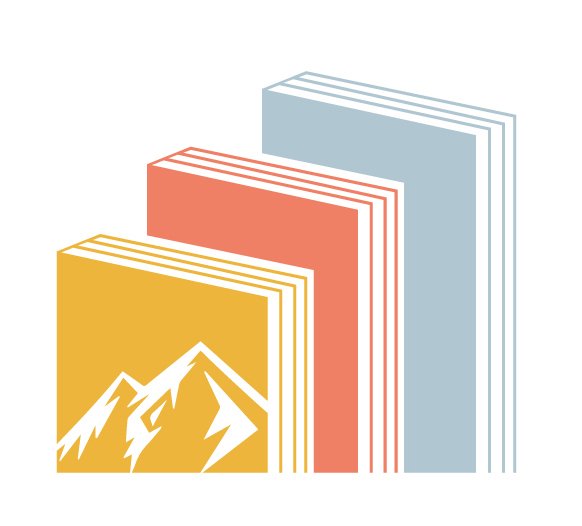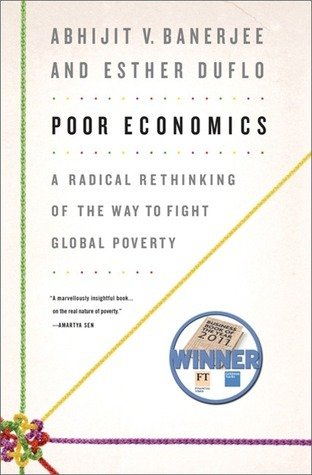Poor Economics: A Radical Rethinking of the Way to Fight Global Poverty
Summary:
Billions of government dollars, and thousands of charitable organizations and NGOs, are dedicated to helping the world's poor. But much of their work is based on assumptions that are untested generalizations at best, harmful misperceptions at worst.
Abhijit Banerjee and Esther Duflo have pioneered the use of randomized control trials in development economics. Work based on these principles, supervised by the Poverty Action Lab, is being carried out in dozens of countries. Drawing on this and their 15 years of research from Chile to India, Kenya to Indonesia, they have identified wholly new aspects of the behavior of poor people, their needs, and the way that aid or financial investment can affect their lives. Their work defies certain presumptions: that microfinance is a cure-all, that schooling equals learning, that poverty at the level of 99 cents a day is just a more extreme version of the experience any of us have when our income falls uncomfortably low.
This important book illuminates how the poor live, and offers all of us an opportunity to think of a world beyond poverty. (Summary and cover courtesy of goodreads.com)
Review:
This book was very interesting in the sense that it presented alternate views to some of the more well-known economic debates about what should be done for the poor. While there were conclusive findings in many different areas, the book is quick to say that it is not offering “universal solutions” and that trying to do so would likely be unsuccessful. Unfortunate or not, it will probably take more personally tweaked solutions for many areas of the world to develop to a sustainable scale.
What I found frustrating at the book at times was the assumption that the poor inherently knew the results of the statistical findings. “Why do the poor do X when clearly it is more beneficial to do Y?” I believe the phrasing was meant to be illustrative, but at times it came off condescending. For example: I would not assume to know the results of those kind of investigations unless someone TOLD me about them and then behavior would change. Regardless of this and a few moments of disorganization, I think the book is extremely good at challenging pre-conceived notions of the poor and what types of activities may be successful in the future.
I would still recommend this book for anyone vaguely interested in the field, but I did find it dry at times (and I wasn’t compelled to keep coming back to it).
Rating: 3 stars!
Who should read it? Anyone interested in economics or ways to improve the economics for the globally poor.


